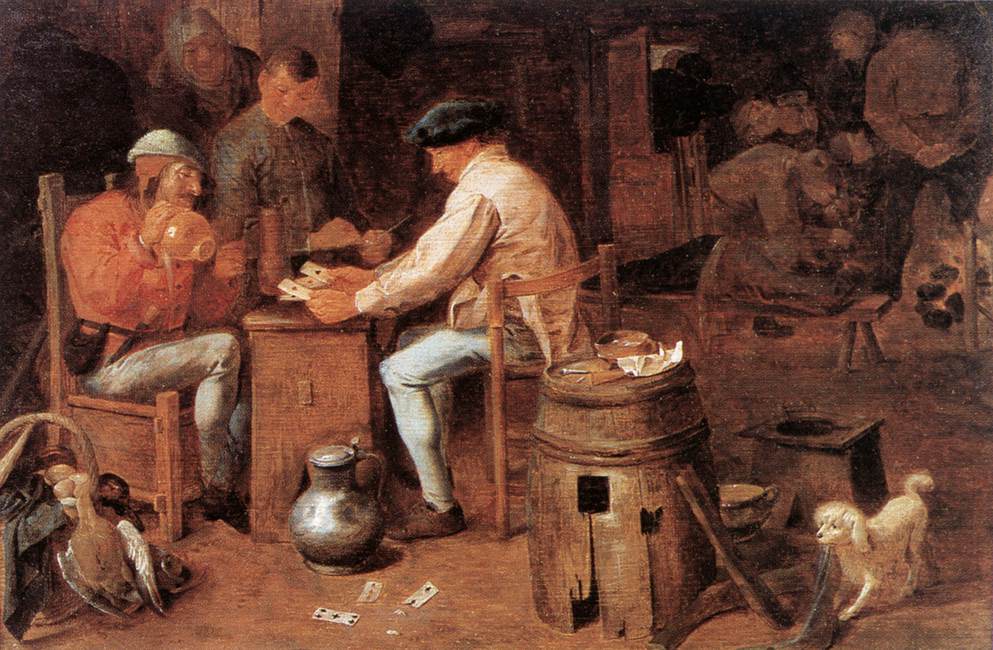Sports Saturday
I’ll write about Wimbledon next week when I know how it comes out. In the meantime, I look ahead to the World Series of Poker, which my poker-playing novelist friend Rachel Kranz says is about to start. Poker, Rachel says, is a lot like novel writing.
Rachel’s blog adventuresinpoker.com features dazzling writing about poker. In her most recent post, she talks about trust, both in poker and in novels. Once you have the knowledge and the skill, she says, what remains is trusting yourself. Or as Rachel puts it, “What counts is what you can count on.”
As an aside, I found myself thinking something similar as I watched Andy Murray play the best set of his life (that’s according to John McEnroe) against Rafael Nadal in the Wimbledon semi-finals. But to do so, he had to have absolute trust in his game. He won the first set playing this way and actually had Rafa looking worried, which never happens. He even had a chance to go up 40-15 on Nadal’s serve early in the next set. But in that moment, when he had a forehand smash to put away (risky but definitely makable), a tiny element of doubt crept in. It was as though he said to himself, “I have to make a perfect shot here because Nadal is so relentless and so good that I may not get another chance like this and will lose to him.” He missed the shot by inches and was never the same afterwards as Nadal, regaining his own trust in himself, went on to win the next three sets.
By contrast, Maria Sharapova, down 3-0 against Sabine Lisicki and double faulting left and right, never lost trust in her incredible ground strokes and service return. She peppered the back line and it was Lisiki who started doubting herself. As soon as she did, Sharapova took over.
Back to Rachel and poker. She says she has recently reached a turning point in her game, which involves having faith in the system that she plays (which she refers to a Numbrism). She doesn’t always stick to it, but when she does, good things happen—not always in the short run but always in the long. Here’s Rachel:
My tournament flaws were little seductions: I got involved in small battles that I thought I could win instead of keeping my eye on the big picture, where nothing temporal or concrete matters, only the principle of correct play. I wasn’t supposed to look at every pot as an individual struggle—could I take it? Is he bluffing? I wasn’t supposed to be crawling from one hand to another like an ant trundling its way across the ground. I was supposed to be following a system larger than any empirical reality, taking the scientist’s abstract view, knowing that in the long run, Numbrism would help me win, even if, in the short run, I lost every single pot. I knew the ant’s-eye view of individual hands; what I had to rise to was the big picture: part theory, part leap of faith that the long run of numbers and odds and calculations—too big for the non-computer-mind to see—was nevertheless true, the way it’s true that the earth is a speck in space, that morning somehow comes out of the dark, that the wheels of history are turning right this minute, even when you can’t see them with your naked eye.
That bigger view is what you can count on—what you have to count on—even though you can’t see it. I say “leap of faith,” because that’s what it feels like, but the scientist in me says, “It’s just true.” Of course, if you have faith, that’s what it’s supposed to be: your belief in what you know but cannot see. The inability to see with the naked eye is what you need faith for.
At the end of her post, Rachel extends both trust in her poker system and trust in the novel writing process to a larger trust: that if stay in integrity as we devote ourselves to the problems of the world, good things will happen:
With my naked eye, I can’t see how I am ever going to solve the problem of this novel. Nor can I see how the cruelty of the present world order can do anything but grow worse and worse and worse, until it kills the planet. My novel, in fact, is about how to survive those dark times, how to see past the perception that nothing can change; how to believe, with absolute certainty, that everything can change—that everything is already changing. When you play a tournament, you don’t know when your luck will turn, or how you’ll go from a short stack to a deep one; you don’t know whether variance will be your friend or your enemy, whether your best efforts will pay off or evaporate. You know that 85 percent of the time, you’ll get nothing; that 98 percent of the time, you won’t get enough. You know that if you play well, victory comes sometimes, but the poker gods only laugh if you ask when. All you can do—all you can ever do—is keep playing. At least now, I can (mostly) trust myself to do it right.
When Rachel mentions leaps of faith, she is also quoting the title of her first novel (Farrar Straus, 2000). The world, whether in poker or in life, continually calls upon us to make such leaps.


